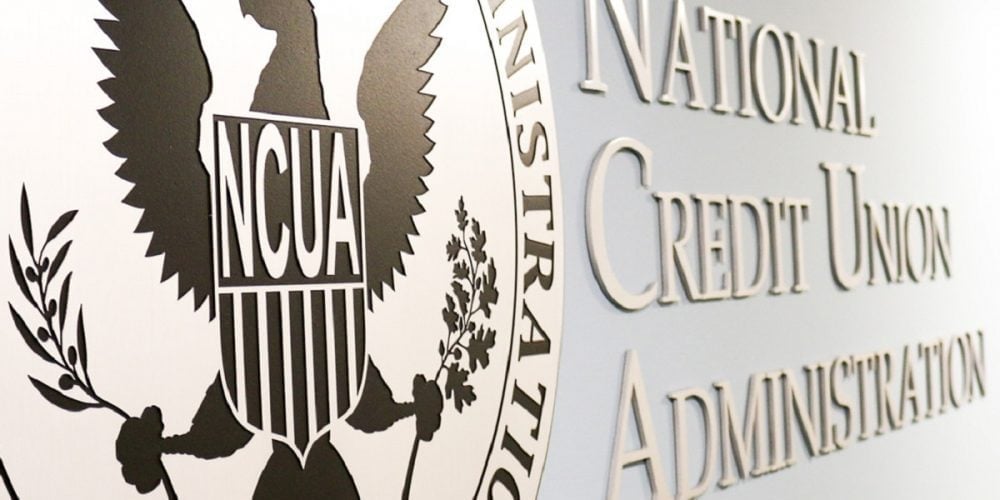Do you believe Facebook and Google are media companies? If not, you should. The fake news epidemic, which has been highly publicized, is real. Whether or not you believe fake news is a problem, really isn't relevant. Perception in the digital world is simply defined as the content we choose to engage with. If you share a fake news post on your Facebook feed (intentionally or not), you may not intend to tell your social network you agree with or believe the report, but you are telling Facebook you feel the content is relevant. Facebook and all its fancy algorithms then gives the fake news post more visibility the more it is shared. We will continue to see more and more news fed through our social channels and without content curators as filters we are left on our own to decide what is fake and what is real. And what we choose to engage with will shape reality, because perception influences how we think.
There is plenty of fake news surrounding credit unions and according to a recent study conducted by Harris Poll and commissioned by Affinity Federal Credit Union of Basking Ridge, NJ the banks are winning. Many Americans believe banks offer more products and services than credit unions.
The Harris Poll study was aimed at learning why only 16% of Americans use a credit union as their primary financial institution. That’s a fact. Nearly 4 out of 5 people are not taking advantage of lower rates, fewer fees and the better service that defines credit unions. So let’s look at four examples of why banks are not better than credit unions, even though Americans generally believe they are.
-
Credit unions are hard to join. Really? Since when? According to the study, 3 out of 10 people said it is difficult to find a credit union they can join. Credit union charters have changed and when you think about community, live, work, worship, etc. it is doubtful that 30% of Americans are without a credit union option. Fire up your credit union’s social media campaigns and let your potential members know how easy it is to become a member.
-
Credit unions do not offer the same products and services that banks do. Nearly 50% of Americans think banks offer more products and services than credit unions. Credit the bankers on this point, or discredit the credit union industry’s marketing abilities. The truth is that credit unions offer checking, savings, home equity loans, mortgages, auto loans, credit cards, student loans, mobile & online banking, health savings accounts, IRA’s and more. So what does a bank offer that credit unions don’t? Higher fees comes to mind. If you are not broadcasting and educating the communities you serve about your products and services, it’s time to start.
-
Credit union members don’t have access to mobile and online banking. 55% of people don’t think credit unions offer mobile apps. It is true that credit union adoption of mobile banking was slower than that of banks. However, 75% of all US financial institutions now offer mobile banking, this includes credit unions. If your credit union is using a web application and cannot be found in iTunes or Google Play, it’s time to re-think your technology strategy. Especially since new research suggests that 68% of Americans are frustrated with their digital banking experience and 32% of millenials are willing to leave their current banking relationship for a better digital experience.
-
6 out 10 Americans think that credit unions do not offer mortgages. This is surprising, especially when you consider that credit unions offer lower rates on fixed and adjustable rate mortgages without hidden fees and have done a better job historically of properly evaluating and qualifying home buyers. Credit unions have also historically helped borrowers with credit challenges. At a credit union you are also more likely to know your mortgage servicer. Add to this that credit unions are more open to lower and middle income loans than banks and it's clear that 60% of Americans are buying the fake news about mortgages.
Contrary to what people think banks are not better than credit unions. However, just like Facebook’s algorithms perception doesn’t always substantiate fact. Think about it, truth is not subjective, but perception and subjectivity can appear as truth. If a friend or neighbor tells a potential member that credit unions don't offer mortgages, who are they to believe? While clearly not true, this is a conversation that you were not invited to and a misconception just became someone's reality. Credit unions need to be the curators of their own content, otherwise they will continue to see a gap between truth and perception regarding their products and services as compared to banks.







